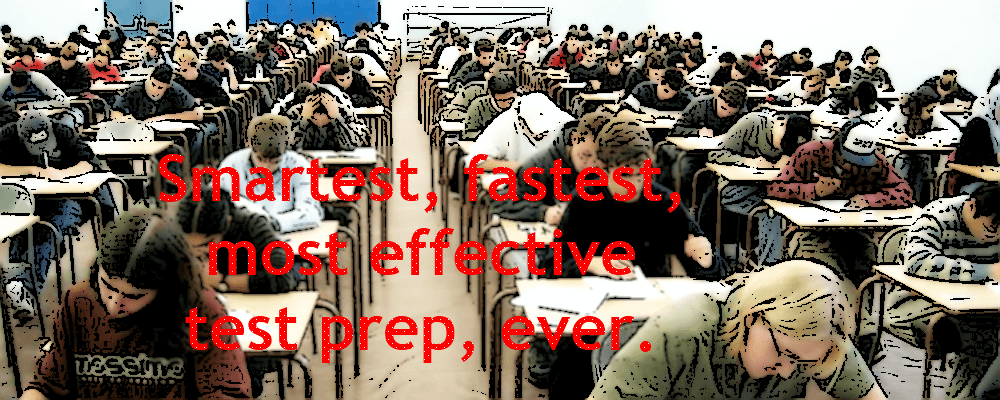When it comes to raising and educating children, no one knows them better than their parents. Parents are uniquely equipped to make decisions that align with their child’s needs, values, and aspirations. However, politicians and school administrators often assume control over education, dictating policies and curricula that may not reflect the best interests of every child. While schools and government officials play a role in education, they should not have the final say in what is best for a child—only parents can make that decision.
Parents Know Their Child Best
Every child is different. They have unique strengths, weaknesses, interests, and learning styles that a one-size-fits-all education system cannot accommodate. Parents, having spent years nurturing and observing their children, understand these differences better than any bureaucrat or administrator. They know whether their child thrives in structured environments or benefits from alternative learning methods. Parents can recognize when their child needs additional support, advanced coursework, or a completely different educational setting to reach their full potential.
Politicians Prioritize Agendas Over Individual Needs
Politicians at all levels of government often make sweeping decisions about education based on political ideologies rather than the needs of individual students. They push standardized policies that may work for some but fail many others. Political interests frequently influence curriculum choices, funding allocations, and educational priorities, leaving parents with little control over what their children are taught. Instead of tailoring education to the child, politicians often use education as a tool to further their own agendas.
School Administrators Focus on Institutional Goals
School administrators are responsible for managing large institutions and meeting state or federal benchmarks. Their primary concern is often maintaining funding, improving test scores, and complying with government mandates. This focus can lead to decisions that prioritize institutional success over individual student success. Whether it’s limiting parental involvement, enforcing rigid academic standards, or promoting certain ideologies, administrators may push policies that do not align with a child’s best interests.
 Education Should Align with Family Values
Education Should Align with Family Values
Parents have the fundamental right to ensure that their child’s education aligns with their family’s values and beliefs. Public schools, under the influence of government regulations, often introduce curricula that some parents find inappropriate, unnecessary, or counter to their beliefs. While schools should provide a foundation of knowledge, they should not override a parent’s role in guiding their child’s moral and ethical development. Only parents can ensure that their child’s education supports the principles they want to instill.
The Importance of School Choice
Because traditional school systems do not meet the needs of every child, parents should have the right to choose the best educational setting for their children. Whether it’s homeschooling, private schools, charter schools, or alternative programs, parents—not politicians or administrators—should decide what environment best serves their child’s learning and development. School choice ensures that families have options beyond a government-mandated system that may not align with their values or their child’s needs.
Children thrive when their education is tailored to their unique needs, values, and aspirations—something that only parents can truly understand. Politicians and school administrators operate from a distance, focusing on broad policies, institutional goals, and political agendas. Parents, on the other hand, are personally invested in their child’s success and well-being. Education should empower families, not sideline them. The right to decide what is best for a child should always remain in the hands of those who love and understand them the most—their parents.

